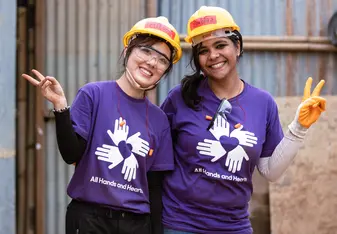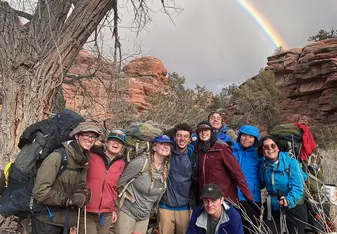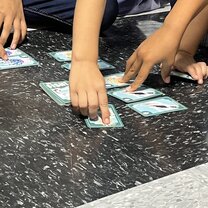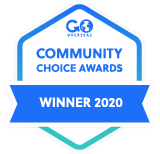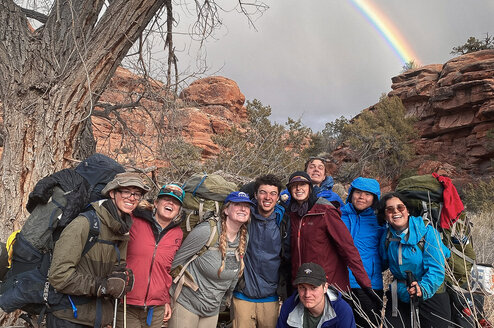Volunteer on U.S.-Mexico Border – Tax-Deductible Starting $1,177
- United States of America
About Program
The Rio Grande Valley often looms large in today’s news. But beyond the headlines and politics lies vibrant communities requesting your help. The families we assist struggle with the basic necessities of life. You can lend your hands and spirit to projects improving their living conditions through an exemplary program originally founded to assist migrant farm workers. In just one week, you can make a difference, form bonds with the people of this community, and learn first-hand the issues facing this multicultural community.
Our host and community partner in San Juan is Proyecto Azteca, a non-profit self-help construction company that serves low-income families in 'colonias' (unincorporated, low-income neighborhoods, often with few city services) in predominantly rural areas of Hidalgo County, Texas. Proyecto Azteca is a nationally recognized organization that has financed and trained close to 1,000 families in the construction and first-time ownership of their own homes.
Video and Photos
Program Highlights
- Immerse yourself in the rich culture of South Texas.
- Work alongside people in Texas to support children and families who need it most.
- All logistics (except for airfare) arranged by our staff, so you can focus on volunteering.
- Global Volunteers' policy: safety trumps everything. Volunteers are well taken care of by their Team Leader while on a service program.
- Work with Hispanic and/or Latino children and families while learning about their cultures.
Program Impact
On a volunteer program in San Juan, Texas, you will have the opportunity to provide service at one or more of our community partner sites. Volunteers frequently provide help to refugees who just arrived in the U.S. at the refugee respite center by helping serve meals, organizing and handing out donations, providing childcare, and helping with paperwork. Other service opportunities include projects at the local food bank, at a weekly soup kitchen, and on construction projects with our host organization. Additional projects may be included, as requested by the community.













